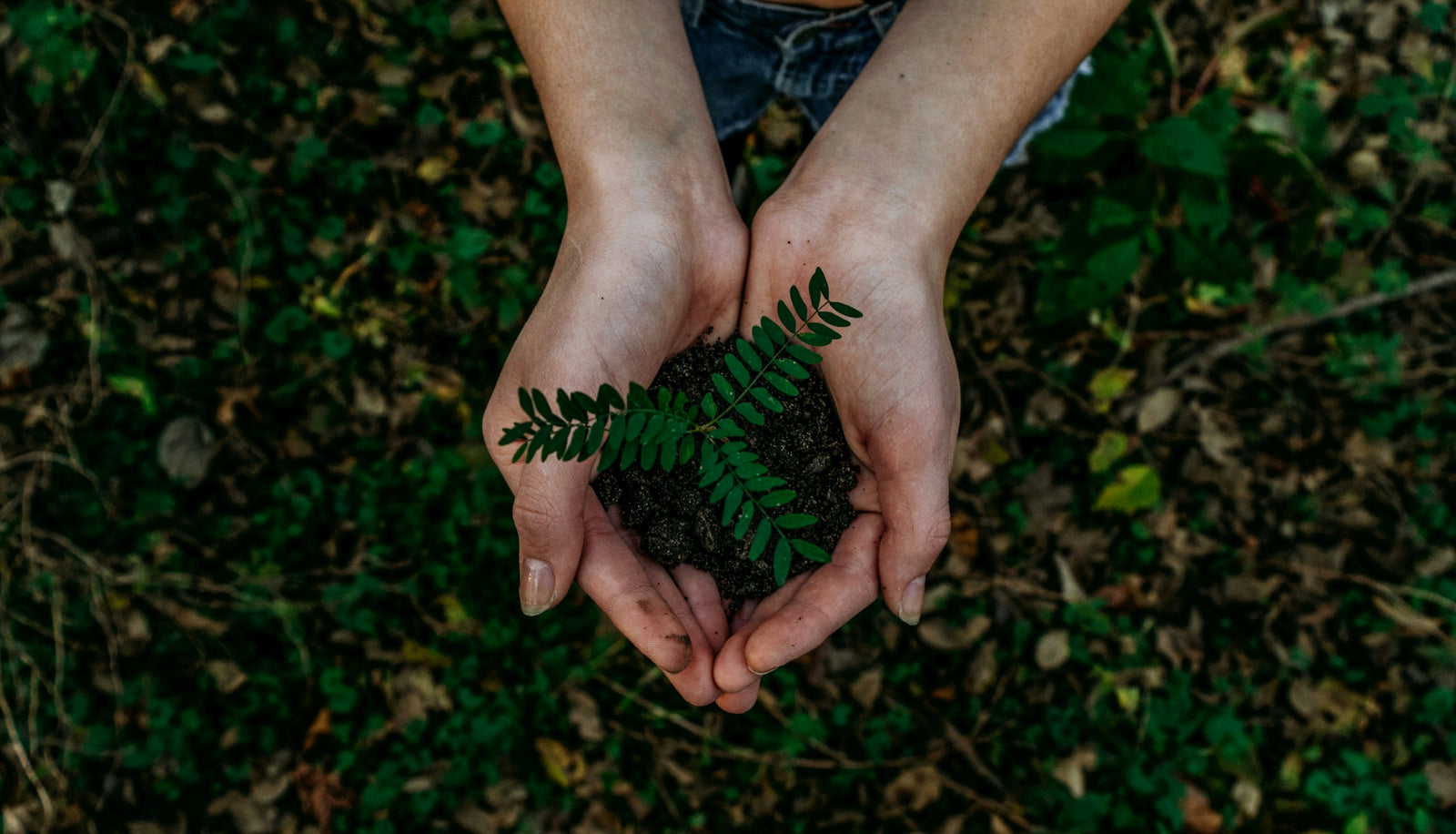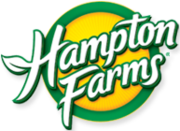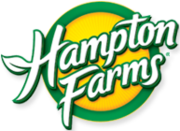The Sustainability of Peanuts

Peanuts are a shining example of sustainable farming, offering a holistic approach that benefits both farmers and the environment. Their efficient water usage and ability to thrive in various conditions make peanuts a sustainable choice. From planting to production, peanuts’ eco-friendly credentials are evident through their cultivation practices and versatile byproducts. This article explores the numerous ways peanuts contribute to a more sustainable future.
Peanuts Are a Sustainable Crop
Peanuts stand out as a more eco-friendly option than other nut types. Their water efficiency is impressive, with just over three gallons needed to produce an ounce of peanuts; this is a significant contrast to almonds, which demand a substantial 28 gallons of water per ounce. While irrigation is sometimes necessary in dry conditions, rainfall typically provides the majority of the water needed for peanut cultivation.
Peanuts are a sustainable crop due to their natural nitrogen-fixing abilities. Unlike many other plants that rely on external fertilizers, peanuts form a symbiotic relationship with soil bacteria. These beneficial bacteria convert atmospheric nitrogen into a usable form, enriching the soil and reducing the need for synthetic fertilizers. This natural process not only benefits the peanut plants but also improves overall soil health and reduces the environmental impact of agriculture.
After harvest, the peanut plant matter returns to the soil, nourishing the land and improving its fertility for future crops. This practice demonstrates peanuts' role as a sustainable rotation crop, adding nutrients to the soil rather than depleting them.
From Roots to Renewable Energy: Using All of the Peanut Plant
Every part of the peanut plant, from the roots to the shells, can be repurposed, minimizing waste and contributing to a more sustainable future.
Once stripped of their precious treasure, peanut vines can be transformed into valuable byproducts. They can be dried and used as animal feed, providing a nutritious and affordable alternative to traditional hay. Or they can be composted, making the soil healthier and promoting sustainable farming practices.
Peanut hulls, the tough outer shell that protects the kernel, are also a valuable resource. They can be processed into pellets and used as a renewable biofuel, contributing to cleaner energy production and reducing reliance on fossil fuels. Additionally, peanut hulls can be added to compost piles, where their carbon content acts as a nutrient source for the microorganisms that break down organic matter.
Even peanut oil, which is extracted from the kernel, has a variety of sustainable applications. It can be used as a cooking oil, as a component in soaps and cosmetics, and even as a feedstock for biodiesel production.
Using every part of the peanut plant minimizes waste and creates a more sustainable agricultural system. Eco-friendly peanuts demonstrate the power of nature to provide for our needs while protecting our planet.
Repurposing Peanut Shells: Sustainable Uses at Home
Peanut shells are often overlooked after enjoying the delicious nut within, but they offer a wealth of sustainable uses. Here are a few creative ways to repurpose these discarded casings at home:
- Toss peanut shells into your garden or flower beds. Rich in nitrogen, they provide a natural fertilizer as they decompose, nourishing your plants and reducing the need for synthetic fertilizers.
- Create an eco-friendly litter for your furry friend by soaking peanut shells in water, draining and drying them, and mixing them with baking soda. This natural alternative offers a comfortable and absorbent litter solution.
- Surround fragile items with peanut shells before shipping to provide a sustainable and effective cushioning material.
- Instead of using harsh de-icing chemicals or salt, sprinkle crushed peanut shells on icy sidewalks and walkways. This eco-friendly alternative will help melt ice and provide traction.
Repurposing peanut shells not only reduces waste but also contributes to a more sustainable environment. So, the next time you enjoy a delicious bowl of in-shell peanuts, remember to save those shells for a variety of creative and eco-friendly uses.


Leave a comment